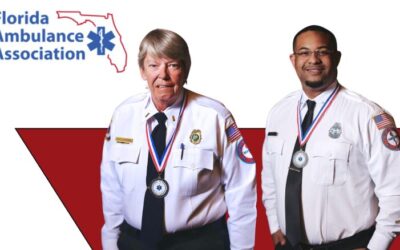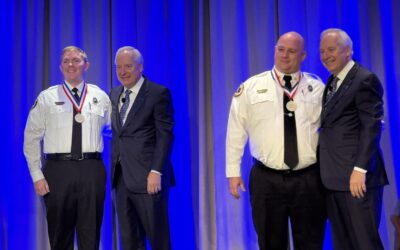If you ever have an emergency and need to call 911, every second counts.
But it can be difficult to think clearly in an emergency situation. With that in mind, here are seven tips from Sunstar Paramedics for doing what you can to be helpful to emergency personnel when you call.
- Do your best to stay calm. Whether you are giving your address or a description of the situation, it can be hard to understand the information if you are talking too fast or yelling into the phone. The 911 operators are highly trained professionals who are experts on giving you instructions, whether someone is bleeding, needs CPR or having a baby. They will walk you through what to do, no matter what the situation is.
- Know where you are when you call. If you are on a cell phone, we may not be able to exactly pinpoint where you are electronically. Know the address if you can, or at least the general location, and offer descriptors (near, next to, across from).
- Don’t get frustrated if the operator is systematic in asking questions. We have a methodical, effective approach in asking questions in a specific order. Know that this is the best way to get the information we need, and that all the questions won’t take more than a minute to get through.
- We may try to have you help the situation, while we’re on our way. For example, if it’s clear that an elderly person would be better off on the floor instead of in a chair, we may ask you to move the person. On average, response time is four minutes, and in the meantime, we want to do all we can to help right away. We’ll offer instructions on how to help without putting you in harm’s way.
- If you’re not certain about a situation, make the call anyway. We have non-emergency lines available for situations that aren’t urgent, but if you think it’s an emergency or could become one, call 911. Also, don’t assume that somebody else has already called.
- Don’t hang up. If our lines are busy and we can’t answer the phone immediately, hanging up and calling back will place you at the end of the queue. Also, don’t give information and then immediately hang up: Stay on the line until we advise otherwise.
- Don’t hesitate to call again if anything changes. If the person’s condition worsens, call us back and tell us what’s going on. As just one example, let’s say that a bee sting initially doesn’t seem to be a major problem, but then the person who was stung starts to have trouble breathing. Call us back!
– Rob Smith is Director of Communications and Emergency Management for Sunstar Paramedics, which provides ambulance services for all of Pinellas County.



